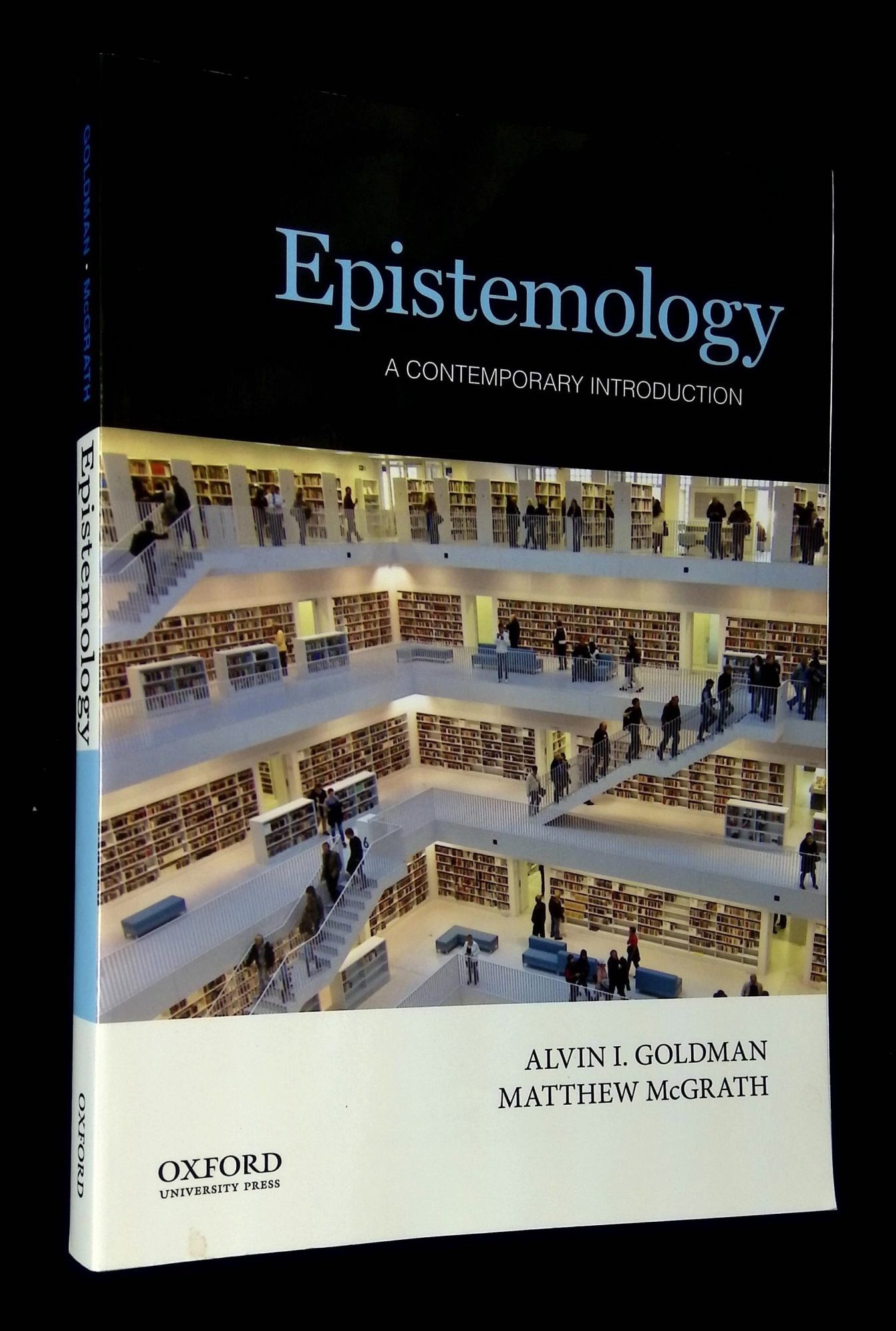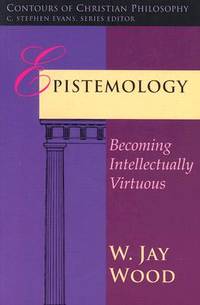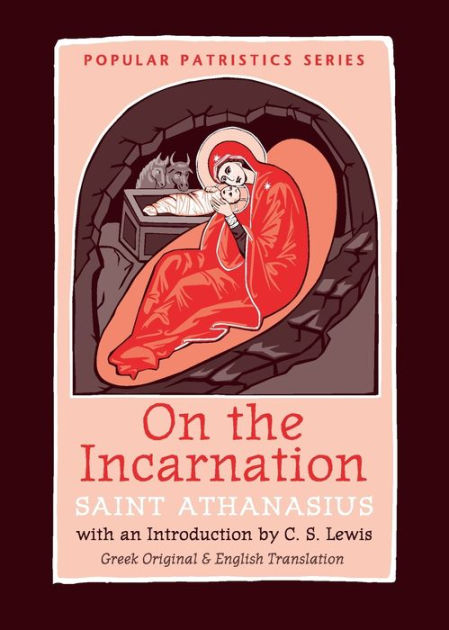Going forward: This is a site for Christian apologetics. So I will come at the topic
of justifying initial premises, from a Christian point of view.
This will mean jumping ahead, from a philosophical point of view,
and not going through basic questions such as "Do I exist?"
or "Does this site exist?"
I will also skip over the philosophical debates about our perceptions,
and how accurate they are, and what they can perceive.
When I speak of a Christian point of view, or a Christian worldview,
what I mean is the picture of "reality" that the Bible presents.
---------- ----------
OUR SHARED REALITY
"Reality" is important, because what is "real", is True.
And we are talking about how to justify that initial premises are true.
Reality is important, in a Christian worldview, because what is in that
reality is what our senses can act on (or to, or in response to), and
what our mind can reason about.
Reality is important, in a Christian worldview, because it is the basis
of telling the truth, and lying. That is, if we accurately describe reality
then we are telling the truth, and if we bear false witness about reality,
then we are lying. This is the Jewish and Christian definition of lying.
Lying is important in a Christian worldview, because lying is a sin in
both Judaism and Christianity, and in a Christian worldview, persistent
lying will mean THAT WE CANNOT ENTER THE KINGDOM OF HEAVEN.
8 We know that the law is good, provided that one uses it as law, 9 with the understanding that law is meant not for a righteous person but for the lawless and unruly, the godless and sinful, the unholy and profane, those who kill their fathers or mothers, murderers, 10 the unchaste, sodomites, kidnappers, liars, perjurers, and whatever else is opposed to sound teaching, 11 according to the glorious gospel of the blessed God, with which I have been entrusted.
New American Bible, Revised Edition. (Washington, DC: The United States Conference of Catholic Bishops, 2011), 1 Ti 1:8–11.
5 Every word of God is tested;
he is a shield to those who take refuge in him.
6 Add nothing to his words,
lest he reprimand you, and you be proved a liar.
New American Bible, Revised Edition. (Washington, DC: The United States Conference of Catholic Bishops, 2011), Pr 30:5–6.
30 I myself know his arrogance—oracle of the Lord—
liar in word, liar in deed.
New American Bible, Revised Edition. (Washington, DC: The United States Conference of Catholic Bishops, 2011), Je 48:30.
19 Now the works of the flesh are obvious: immorality, impurity, licentiousness, 20 idolatry, sorcery, hatreds, rivalry, jealousy, outbursts of fury, acts of selfishness, dissensions, factions, 21 occasions of envy, drinking bouts, orgies, and the like. I warn you, as I warned you before, that those who do such things will not inherit the kingdom of God.
New American Bible, Revised Edition. (Washington, DC: The United States Conference of Catholic Bishops, 2011), Ga 5:18–21.
25 During the day its gates will never be shut, and there will be no night there. 26 The treasure and wealth of the nations will be brought there, 27 but nothing unclean will enter it, nor any[one] who does abominable things or tells lies.
New American Bible, Revised Edition. (Washington, DC: The United States Conference of Catholic Bishops, 2011), Re 21:25–27.
These verses give something of a sense of how bad lying is.
But we should remember that lying, is misrepresenting reality.
And here, we see that God's moral-ethical (ME) code is based in our reality.
---------- ----------
*** We can ask, "Whose reality is the one that determines whether
someone is lying, or not?"
But the Bible presents reality as unified.
There is one reality.
This is what I am calling "our shared reality".
Because, on this foundation, God defines what lying is.
What this means for Christians using logic,
is that initial premises must accurately represent our shared reality.
That is, we must not lie in our premises.
We must no add false premises, to make a proof work.
We must accurately define terms that we use in a proof.
We must add all relevant premises, in a proof.
---------- ----------
Our Shared Reality at least includes...
-- Our physical universe and biological life
-- valid reasoning methods
-- The basic ways in which human beings perceive with their senses
-- Human language, spoken and written
-- The conscience, and a knowledge of right and wrong
-- Written history
-- Oral history
-- abstract concepts
...
Note that what the biblical authors hold us morally-ethically responsible for,
is all part of our shared reality.
Note that the hard sciences also accept "what works" with regard to
the physical universe.
---------- ----------
Note that as the Bible presents our shared reality...
-- Each of us inhabits a different location in that reality
-- Each of us has certain perceptions that are accessible
-- Some perceptions of this reality are accessible to all
-- Some of these perceptions can be found out by an individual
human being, if they search carefully
-- Whether or not we reason about, or reason properly about,
our perceptions of this shared reality, creates a number of
different topics or logical cases.
But note that God holds us morally-ethically RESPONSIBLE for
perceiving certain things from this reality, and applying our mind
in certain sound ways of thinking about these perceptions.
---------- ----------
Our Shared Reality at least includes...
-- Our physical universe and biological life
-- valid reasoning methods
-- The basic ways in which human beings perceive with their senses
-- Human language, spoken and written
-- The conscience, and a knowledge of right and wrong
-- Written history
-- Oral history
...
Note that what the biblical authors hold us morally-ethically responsible for,
is all part of our shared reality.
Note that the hard sciences also accept "what works" with regard to
the physical universe.
---------- ----------
Note that as the Bible presents our shared reality...
-- Each of us inhabits a different location in that reality
-- Each of us has certain perceptions that are accessible
-- Some perceptions of this reality are accessible to all
-- Some of these perceptions can be found out by an individual
human being, if they search carefully
-- Whether or not we reason about, or reason properly about,
our perceptions of this shared reality, creates a number of
different topics or logical cases.
But note that God holds us morally-ethically RESPONSIBLE for
perceiving certain things from this reality, and applying our mind
in certain sound ways of thinking about these perceptions.
---------- ----------




